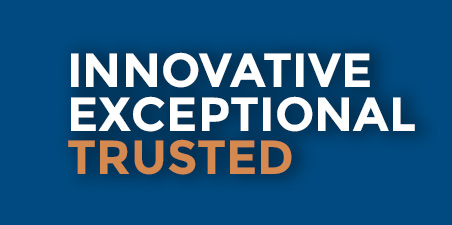Today seems set to be the day that millions of unemployed Americans will receive their final Emergency Unemployment Compensation (EUC) benefit payment. The extension of these federally-funded unemployment benefits that is currently being offered to some 1.6 million jobless Americans is set to expire on December 31, 2013 with no phase-out period.
Congress has the capability and the authority to extend the deadline on those benefits (the parameters and proposed congressional amendments of which are outlined in this report by the Congressional Research Service).
However, the current bipartisan budget deal presented by Rep. Paul Ryan, R-Wis., and Sen. Patty Murray, D-Wash., does not contain any provision that could push that expiration forward, or set a new date.
The lack of any mention for extending the funding program in the proposed budget does not bode well for the EUC. Something the italicized “if” (in the statement “If the EUC program is extended by the U.S. Congress, benefits will be paid at that time if all other requirements of the law have been met”) on the Maryland Department of Labor, Licensing and Regulation website would seem to tacitly acknowledge.
So, despite efforts by the White House, Democrats and some moderate Republicans, it seems that time—and energy—might run out on the effort to extend the additional emergency unemployment insurance (UI) benefits for those unemployed Americans who have exhausted their regular unemployment benefits.
But, as grave as the situation is for the 1.6 million recipients affected by the recent budget considerations (and who will be cut off on in late December), it also stands to impact a significant number of people beyond when an additional almost 4 million people will lose UI benefits in the first half of the new year.
Sadly, as of a November State of Working America report, there is still almost a 3-1 seeker-to-available job ratio in the U.S.—a statistic that KRA Corporationconsistently and actively attempts to influence positively through the operation of WIA-funded One-Stop Career Centers for Adult, Dislocated, and Youth jobseekers, as well as several types of TANF-funded Work Participation, Placement, and Support Services Programs for recipients of public assistance.
KRA Corporation will continue to advocate for programs that are dedicated to improving the lives of individuals and strengthening the communities in which we live, remains hopeful that the prevailing economic situation will sway lawmakers to revisit the much-needed EUC benefit for our long-term unemployed jobseekers.


 Dr. Boone’s 20+ years’ experience in the industry is extensive and her expertise in private-, public-, and non-profit sector workforce-services organizations is unparalleled, particularly in the Baltimore–Washington Metropolitan area.
Dr. Boone’s 20+ years’ experience in the industry is extensive and her expertise in private-, public-, and non-profit sector workforce-services organizations is unparalleled, particularly in the Baltimore–Washington Metropolitan area.






















